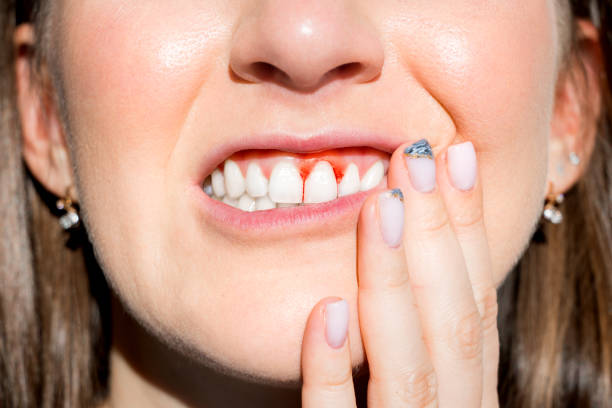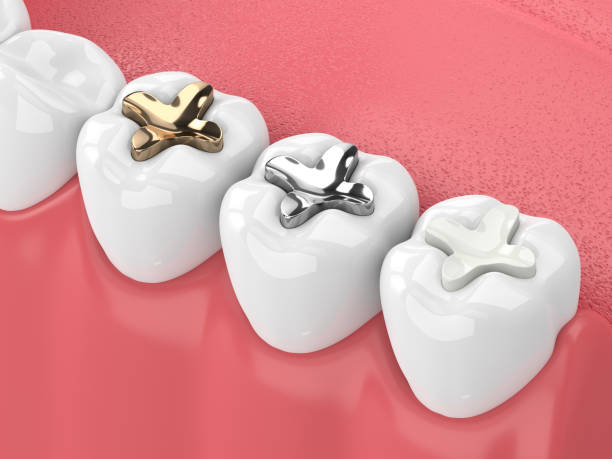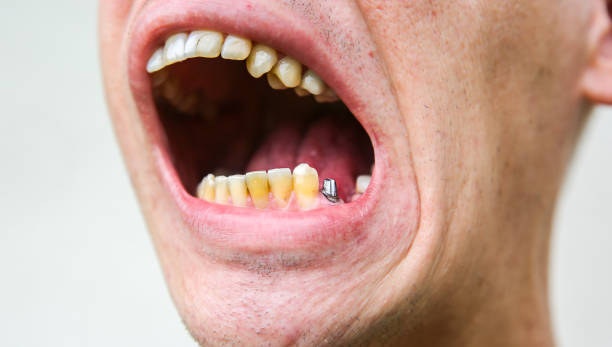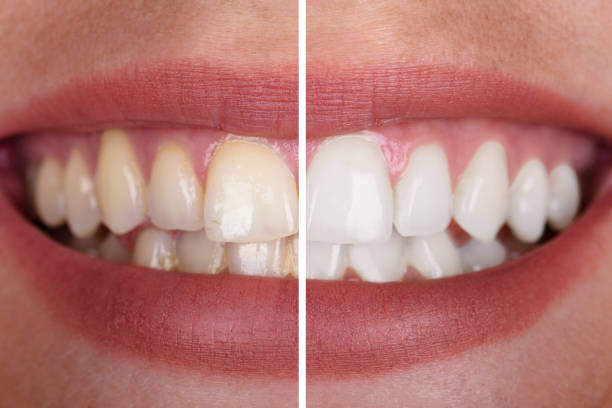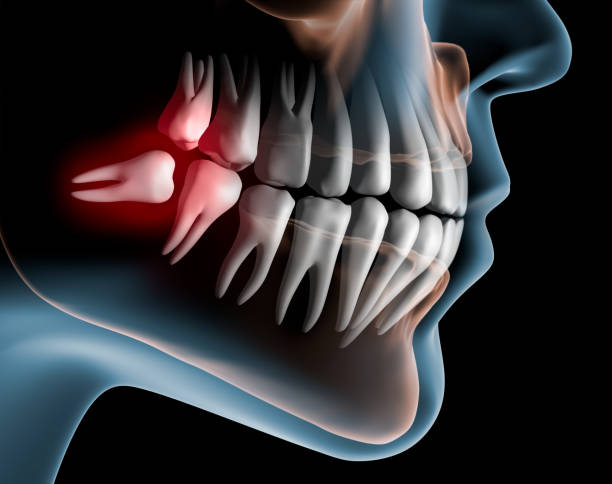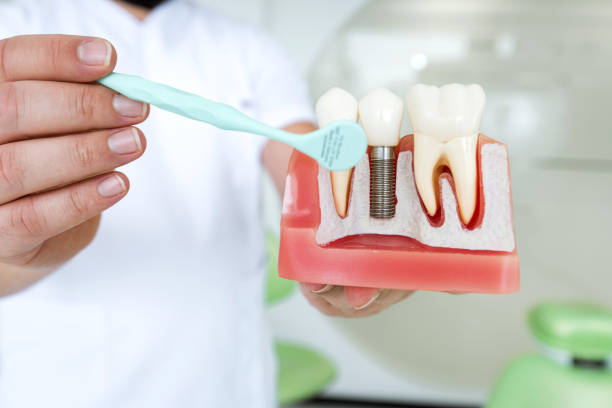Just a small portion of your daily routine, such as brushing your teeth and flossing each day, can have a positive impact on your general health. You might be shocked to learn that not everyone brushes their teeth twice a day as advised or visits the dentist frequently. This might not be a problem in the short run, but there might be more serious health effects that are neglected in the long run.
Discover what happens if you don’t brush your teeth in the following paragraphs, along with tips on how to improve your oral hygiene regimen.
Table of Contents
What Happens When You Don’t Brush Your Teeth
Cavities
Cavities are the most frequent dental issue that can arise from not brushing your teeth frequently. When oral bacteria consume food particles and release acid, cavities form. This acid can corrode teeth and wear down tooth enamel. A brand-new cavity was a result. A cavity can frequently be easily fixed if it is treated quickly by your Bend dentist. You might require a root canal or additional treatment if the cavity grows too large and starts to affect the tooth’s internal structure.
Bad Breath
Bad breath is another potential consequence of not brushing your teeth. The same bacteria that cause cavities can also produce an unpleasant odor, and the smell gets worse as there are more bacteria present. Brushing your teeth twice a day is one of the best ways to prevent bad breath.
Gum Disease
A gum tissue infection is known as periodontal disease or gum disease. Poor oral hygiene practices, such as failing to brush or floss your teeth as frequently as necessary, are frequently to blame. Without regular brushing, plaque can accumulate on your teeth, harden into tartar, and create a favorable environment for bacteria to grow. Your gums could become infected as a result of these bacteria. Early detection and treatment are options for gum disease, but if the condition is ignored for too long, it may exacerbate other health issues like heart disease, diabetes, and stroke.
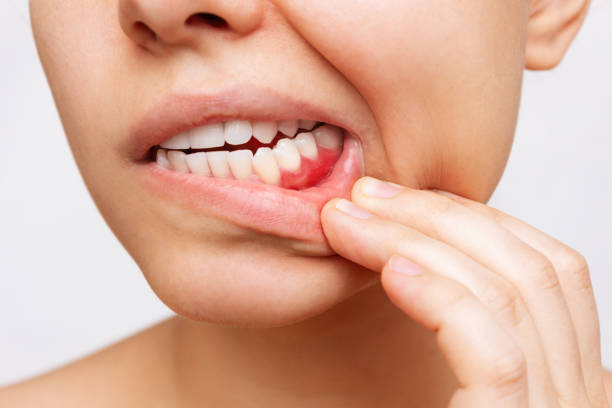
Tooth Loss
Gum disease is frightening enough when left untreated because it can result in other issues throughout the body. But to make matters worse, gum disease can also result in tooth loss. Losing one’s natural, adult teeth can lead to more issues with both oral and general health. Chewing capacity can be reduced, a jaw bone can deteriorate, and self-confidence can drop. Fortunately, there are alternatives to tooth loss, including dentures, dental implants, and even dentures that are attached to implants.
Gingivitis
Plaque can weaken the gums and cause gingivitis, a form of gum disease, in addition to causing cavities in the teeth. The bacteria in plaque cause gum inflammation and irritation. The gums enlarge and are more prone to bleeding.
Periodontitis
Gingivitis is a precursor to periodontitis, just as plaque is a precursor to cavities. The bones that support your teeth are affected by this serious bone infection. As a result, periodontitis is a major factor in tooth loss.
Pregnancy Issues
Gingivitis is thought to affect 60 to 75 percent of pregnant women, so it’s crucial to take good care of your teeth during this time. Additionally, it has been hypothesized that mothers-to-be with dental problems are more likely to have kids who get cavities.
Why Do You Need to Brush Your Teeth?
You’re not the only one who might want to review. Unfortunately, a lot of people still neglect to brush their teeth properly. About 32% of adults have untreated cavities, according to the Centers for Disease Control and Prevention. While cavities can happen despite your best efforts, one of the best ways to prevent and get rid of dental plaque, the bacteria that causes cavities, is to thoroughly brush and floss every day.
Benefits of Brushing Better
Some people are more likely to get cavities than others. The oral health history of your family should be discussed with your dentist, and a thorough examination should be scheduled. An increased risk of tooth decay and gum disease may exist in people with autoimmune diseases. For those who are more prone to cavities, maintaining a good oral hygiene routine is especially important.
By brushing and flossing your teeth twice a day, you can prevent bacteria from growing in your mouth. One of the simplest investments you can make in your health is to adopt this straightforward, two-minute habit. By forming a few easy new habits, you can improve your brushing performance. To brush and floss after lunch, bring a travel brush to work. You might even get a quick pick-me-up to feel more alert after lunch thanks to the peppermint flavor that is frequently found in toothpaste!
The amount of time spent at the dentist’s office and the financial burden of extensive dental work can both be reduced with regular care. You can have a healthier smile by brushing better and more frequently.
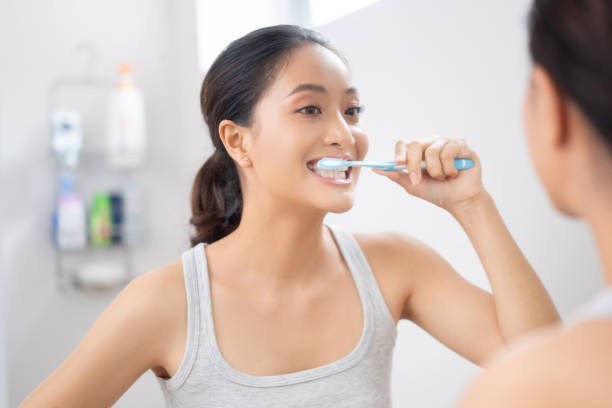
Proper Oral Hygiene
On what constitutes good oral hygiene, people can have very different opinions. Here’s some guidance from the American Dental Association as to how to properly care for your teeth on a daily basis:
• Brush. To prevent cavities, use fluoride-containing toothpaste twice a day to brush your teeth. To ensure you are removing as much plaque buildup as possible, aim to brush for at least 2 minutes.
• Floss. Make sure to floss every day. If you don’t like using floss, you can try alternatives like water flossing, using an interdental toothbrush, or using dental picks.
• Visit your dentist. Visit the dentist at least once every six months. You might be encouraged to visit more frequently by some dentists. This is especially true if you are prone to cavities, have gum disease now, or are at risk for gum disease.
Even though these are the fundamentals of dental care, there are some additional measures you can take to maintain the best possible oral health. These include:
• fluoridating water for consumption. To improve dental health, a lot of cities will fluoridate their water supply. Using the faucet to drink from can help to strengthen your teeth. For instance, a child’s risk of tooth decay can be reduced by 18 to 40% by drinking water that has been fluoridated.
• refraining from using tobacco. Your chances of developing periodontal disease and dental decay can increase if you smoke or use smokeless tobacco products.
• employing a fluoridated mouthwash. If you’ve recently had a lot of cavities or your dentist has warned you that you are more likely to get cavities, this may be helpful.
• fluoride on prescription. If you are at high risk for cavities, your dentist may recommend a special fluoride rinse or gel to use at home.
• replacing your toothbrush with an electric one. To remove extra plaque from your teeth, consider using an electric toothbrush.
• eating a wholesome diet. Dental decay risks can be lowered by consuming lots of fresh produce and fewer high-sugar foods.
Your dentist can also advise you on specific measures you can take to fortify your teeth, such as dental sealants that can guard your back teeth.
Summary
We comprehend that it can be simple to forget to brush your teeth, particularly if you are running behind schedule in the morning or are extremely tired at night. However, we always advise doing whatever you can to get a thorough brushing both in the morning and at night. Additionally, we advise you to visit your dentist for routine examinations and cleanings every six months.



